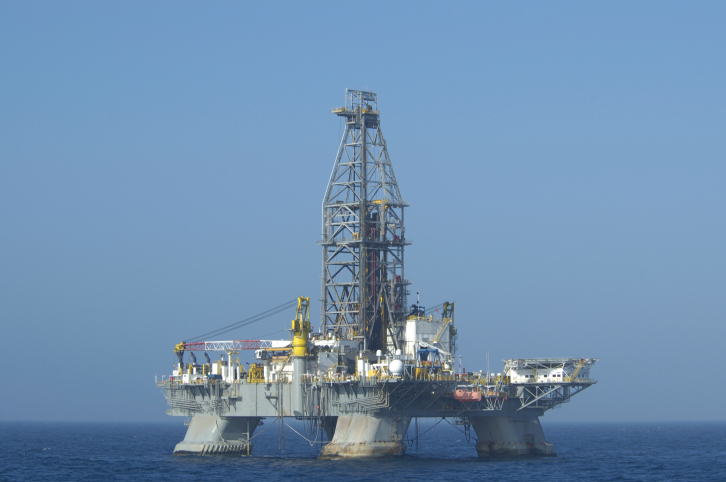
The company did not give guidance but there are consensus estimates of $0.25 in EPS and $1.70 billion in revenue for the second quarter. For the full year, the consensus estimates are $1.44 in EPS on revenue of $6.86 billion.
In this quarter, cash flows from operating activities were $526 million, down sequentially from $566 million.
Fleet revenue efficiency was 95.9%, compared to 95.3% in the fourth quarter of 2014. Revenue efficiency on ultra-deepwater rigs was 97.2%, an increase from 95.4% in the previous quarter. Fleet utilization was 79%, an increase from 73% in the fourth quarter of last year.
Transocean’s contract backlog was $19.9 billion as of the April 16.
Capital expenditures fell $117 million sequentially to $201 million. This was attributed to lower project costs on the existing fleet.
Operating and maintenance expenses decreased $226 million sequentially to $1.084 billion. The decrease was mainly associated with the company’s onshore and offshore cost reduction initiatives, including the optimization of maintenance and out-of-service costs, asset disposals and stacking of rigs.
ALSO READ: 4 Oil Service Stocks to Buy as Rig Count Continues to Plunge
In the weeks ahead of earnings a couple of analysts weighed in on Transocean:
- Deutsche Bank has a Sell rating for Transocean.
- Morgan Stanley downgraded Transocean to an Underweight rating from Equal Weight.
- Edward Jones downgraded the company from a Hold rating to Sell.
Transocean shares closed Wednesday relatively flat at $18.99. In after-hours trading when the earnings were released, shares were initially up 1.6% at $19.30. The stock has a consensus analyst price target of $12.98 and a 52-week trading range of $13.28 to $46.12.
Credit card companies are handing out rewards and benefits to win the best customers. A good cash back card can be worth thousands of dollars a year in free money, not to mention other perks like travel, insurance, and access to fancy lounges. See our top picks for the best credit cards today. You won’t want to miss some of these offers.
Flywheel Publishing has partnered with CardRatings for our coverage of credit card products. Flywheel Publishing and CardRatings may receive a commission from card issuers.
Thank you for reading! Have some feedback for us?
Contact the 24/7 Wall St. editorial team.



